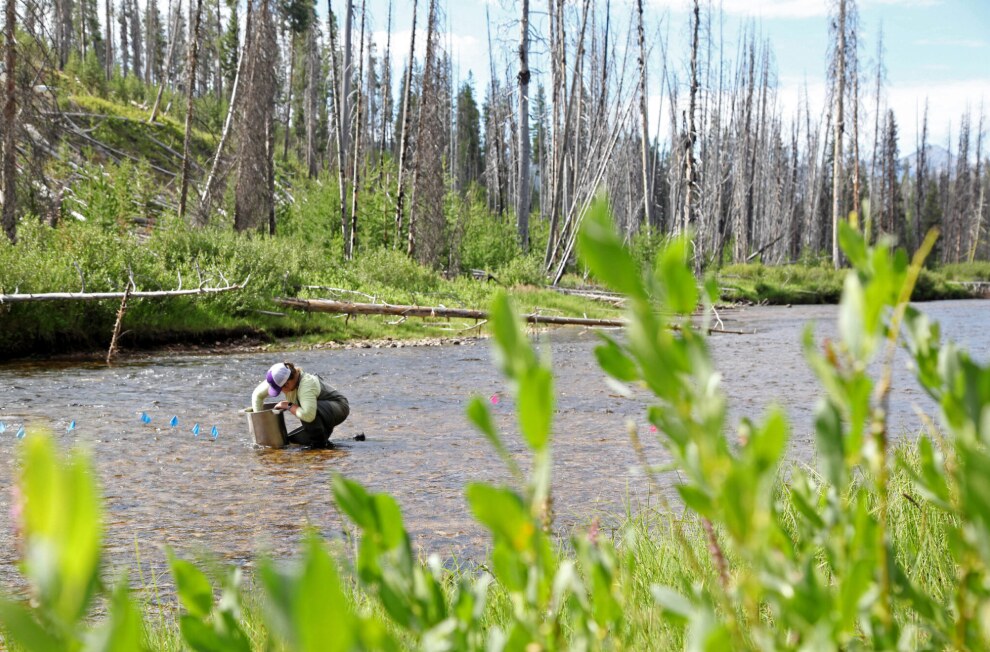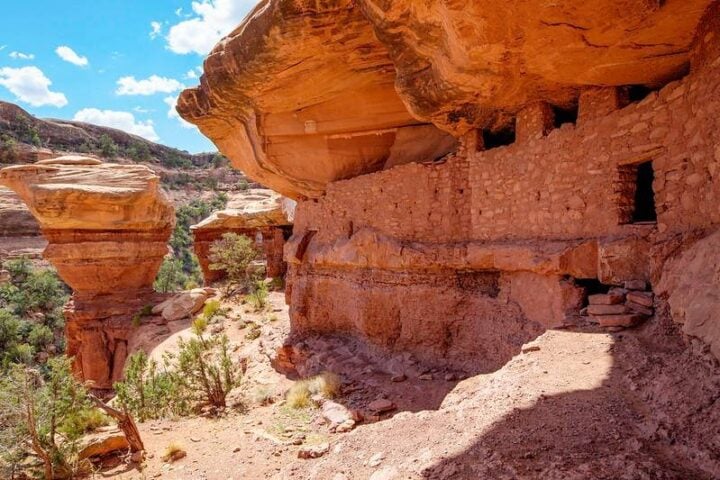The Center for Biological Diversity has filed a lawsuit against the U.S. Army Corps of Engineers, challenging their decision to expedite 700 pending wetland permits across the country. The permits, which would allow filling or destruction of wetlands from Alaska to Florida, were fast-tracked under a national energy emergency declared by then-President Trump.
“Trump’s national energy emergency is illegal, and the Army Corps’ attempt to implement it will do enormous environmental damage and harm some of this country’s most cherished wildlife,” said Brett Hartl, government affairs director at the Center for Biological Diversity.
The legal challenge centers on two key environmental protections: the Clean Water Act and the Endangered Species Act. The Clean Water Act doesn’t give the Environmental Protection Agency or Army Corps authority to reduce environmental reviews based on emergency declarations. Similarly, the Endangered Species Act only permits emergency reviews after natural disasters like hurricanes under the Stafford Act.
The Army Corps posted a list of over 600 projects without public notice, including both fossil fuel and renewable energy developments. The total list includes 688 permit applications across the country.
Similar Posts
Environmental experts have strongly criticized these actions as harmful to protected species and ecosystems. The rushed permits could threaten various endangered species, including polar bears in Alaska, whooping cranes, Florida manatees, salmon populations, and sea turtles along the coasts.
Wetlands serve as natural water filters and wildlife habitats. When destroyed, these ecosystems can’t protect nearby communities from flooding or maintain local water quality. The Center’s analysis shows that bypassing normal review processes could seriously harm protected species across multiple states.
The Army Corps is revising its list of energy emergency projects. The outcome of this lawsuit could set an important precedent for how federal agencies balance energy development with environmental protection.
The legal battle highlights broader concerns about infrastructure development and wildlife conservation. Environmental groups continue challenging the Army Corps through lawsuits, pushing for stronger protection of waterways and endangered species. As this case moves through the courts, it will test the limits of executive power in environmental regulation and the scope of emergency declarations.









![Representative Image: European Starling [49/366]. Photo Source: Tim Sackton (CC BY-SA 2.0)](https://www.karmactive.com/wp-content/uploads/2025/04/Starlings-Drop-82-in-UK-Gardens-as-Birdwatch-2025-Reveals-Record-Low-Count-Since-1979-720x480.jpg)









